2004 / Lukas Moodysson > Moodysson knows how make one feel miserable while watching a film. In Lilya 4-Ever, he did it in a way where the audience could find this misery justifiable to a point, but here, it’s an absolute joke. Any issues of morality or relationships that are supposedly being explored is a cover for what is essentially a shock-piece, filled with unnerving moments that result in no enjoyment and leaves the audience feeling sick and even guilty for viewing this in the first place.
Category Archives: Europe

Venus
2006 / Roger Michell > A performance worthy of an Oscar in most years, but just not this year. Unfortunately, that’s the luck that Peter O’Toole has had to deal with in his lifetime, having lost the golden statuette seven times (and an eighth maybe a week away). In Venus, he gives it all in a bittersweet performance where he undoubtedly reaches into his own experiences as an aging actor of great caliber. Hanif Kureishi’s stellar, understated script uplifts O’Toole and those around him, including a refreshing Jodie Whittaker as the young girl that turns the old actor’s life upside down.
Whatever awkward moments there are in Venus, by the end we find ourselves thinking that these emotions are byproducts of the mental processes shaped by society. From the perspective of someone who looks into the future and wonders what old age will bring, the film reassures that there’s no definite end to enjoyment and learning. Triggers are everywhere, and the soft and gentle presence of a young woman is enough to reinvigorate those at the end of the plank. It’s memorable and sweet, tasteful and delicate. One of the year’s best.
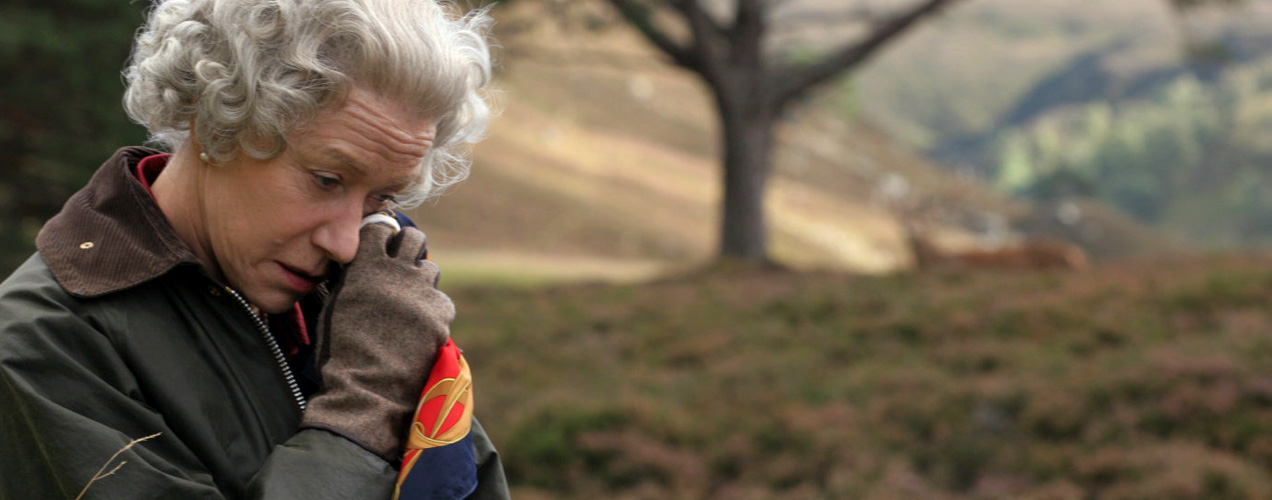
The Queen
2006 / Stephen Frears > In listing the most impressive components of The Queen, Helen Mirren’s inevitable Oscar-winning performance comes in third. Instead, it’s Michael Sheen’s Tony Blair that compels you to keep watching while arguably the year’s best script puts on its own show. (Personally, I would hope that Sheen gets the supporting actor nod that the Golden Globes snubbed him on.) By default, I didn’t think the saga surrounding the death of Princess Diana would have kept my attention. However, Peter Morgan’s screenplay put to rest any such concerns with its wit and bite. With this, Frears may have further perfected his craft and one only can imagine how much better it will get.
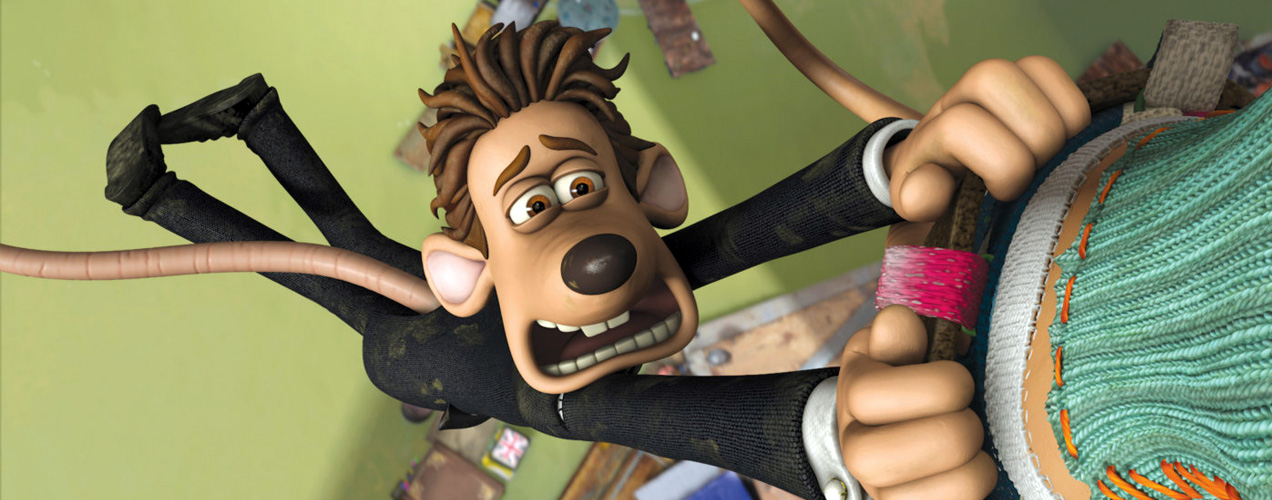
Flushed Away
2006 / David Bowers & Sam Fell > Coming from Aardman, this is a disappointment. The men who’ve brought us the glorious Wallace & Gromit flicks have paired up with Dreamworks for a mediocre if adequately satisfying venture into Ratropolis. There’s little meat to the story, and the emotion is almost nonexistent. Thankfully the action is solid and ought to keep one’s attention for much of the ninety minutes. The voice acting is some of the best in recent memory: Kate Winslet shines by providing her voice to the female lead, a strong-willed woman determined to take good care of her family. The animation is superb, and while done in CGI, still has a lot of the effects of claymation. It won’t salvage a year of weak animated films, but it’s a fun ride nonetheless.
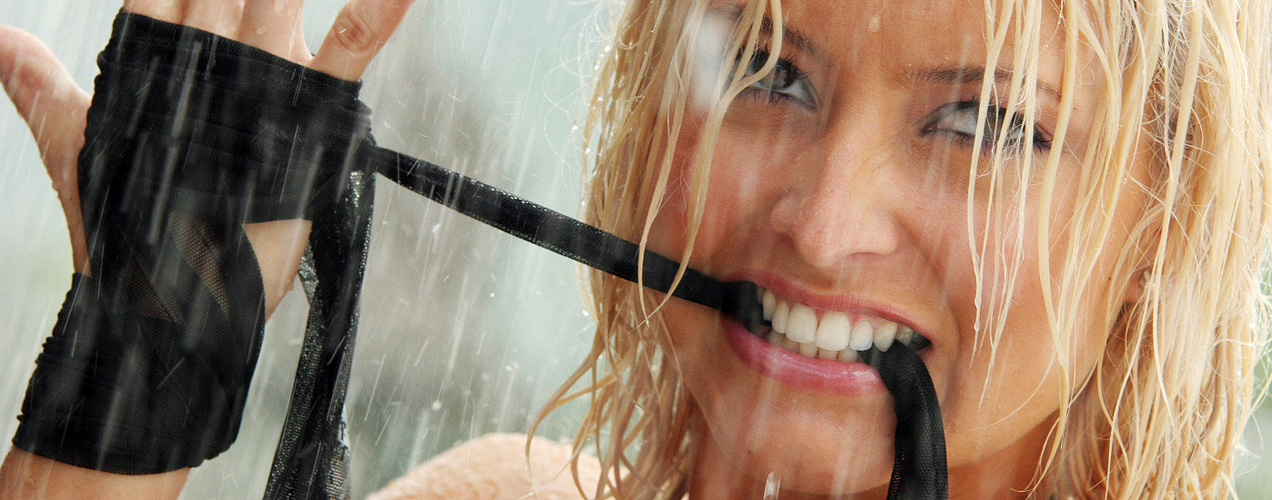
Dead or Alive
2006 / Corey Yuen > I’m not sure if I should ever expect another Fong Sai-Yuk out of Yuen, but with The Transporter and now Dead or Alive, he’s slowly building up a reputation for directing some of the best no-nonsense martial arts/action flicks that are just great fun. The girls wear little clothing (although with smaller busts than their video game counterparts would suggest), there’s enough plot to advance the story and Eric Roberts is the bad guy. What more could you want? Oh: There’s also beach volleyball. Just the ticket for attention deficit.

Romance
1999 / Catherine Breillat > Layers and layers of metaphors about love and sex, companionship and space, mixed in with explicit sexual sequences and pseudo-drama: Does it work? Maybe for some, but I found myself losing focus due to the sheer incredibleness of the story progression. There’s something fascinating here, but I’ve had trouble constructing it into something coherent. It’s a film that’s worth watching again in a few years, possibly after having seen the rest of Breillat’s works, but at this point, it’s a social experiment at best.
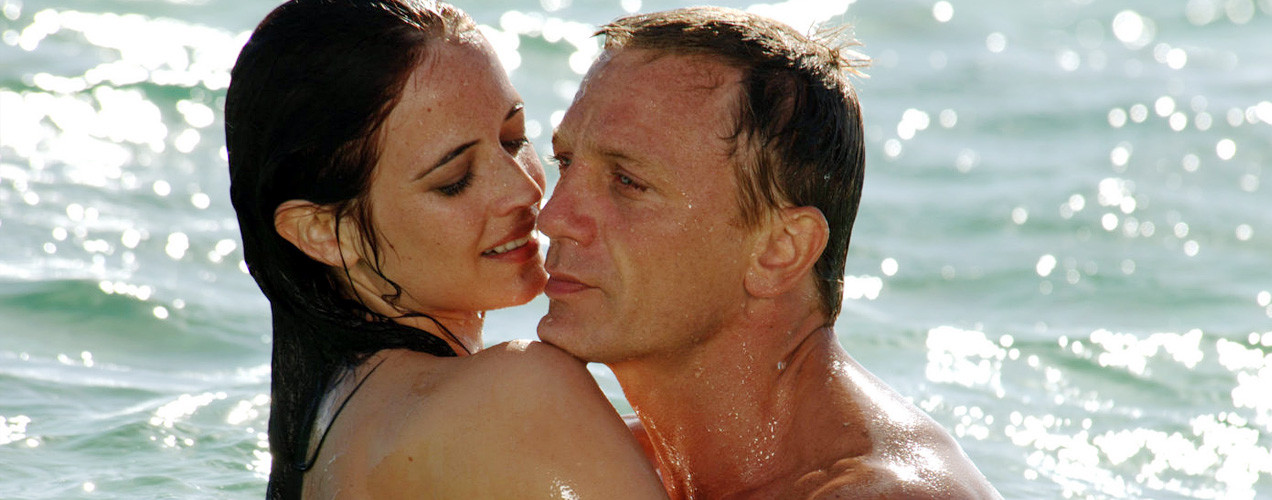
Casino Royale
2006 / Martin Campbell > Casino Royale is the best Bond film since 1969’s On Her Majesty’s Secret Service. It has style, grit, heart and a story that actually works. All too often, I’ve found my attention fading by the 7th inning stretch. Chases and shootouts mean considerably less if there’s no plausible reason behind them. And by plausible, it’s not just how it affects the global power paradigm, of the good versus the bad, but rather how humane and reasonable the motivations are. And while I’m not a fan of Paul Haggis, maybe it was his screenwriting touch that made this happen. (One could probably argue that the subject matter kept his heavy-handedness in check, and if that’s true, I do look forward to him working on the next Bond film.)
As for Daniel Craig, the man is not Sean Connery. And that is exactly why he works. While Clive Owen would have been my first choice for Brosnan’s replacement, Craig has shown that he fits the bill, much like the tailored suit that Vesper Lynd prepares for him. His youth reflects appropriately in what is the beginning of 007. The screenplay supports him throughout, offering us more insight into his character than ever before. Eva Green is nearly perfect as Vesper Lynd, and arguably the best and most complex Bond girl since Jane Seymour’s Solitaire in Live and Let Die. Her onscreen chemistry with Craig is one of the key reasons the film works so well.
Casino Royale has me more excited about the future of James Bond than I’ve ever been. The style seems to be going the right direction, Daniel Craig is an excellent fit and they’ve finally taken to writing a properly thought-out script. It would be wonderful to see an arch-nemesis of sorts, similar to Blofeld, as well as further background on Bond himself. Either way, the next Bond, rumored to be a loose continuation of Casino Royale, is now on my calendar for 2008.
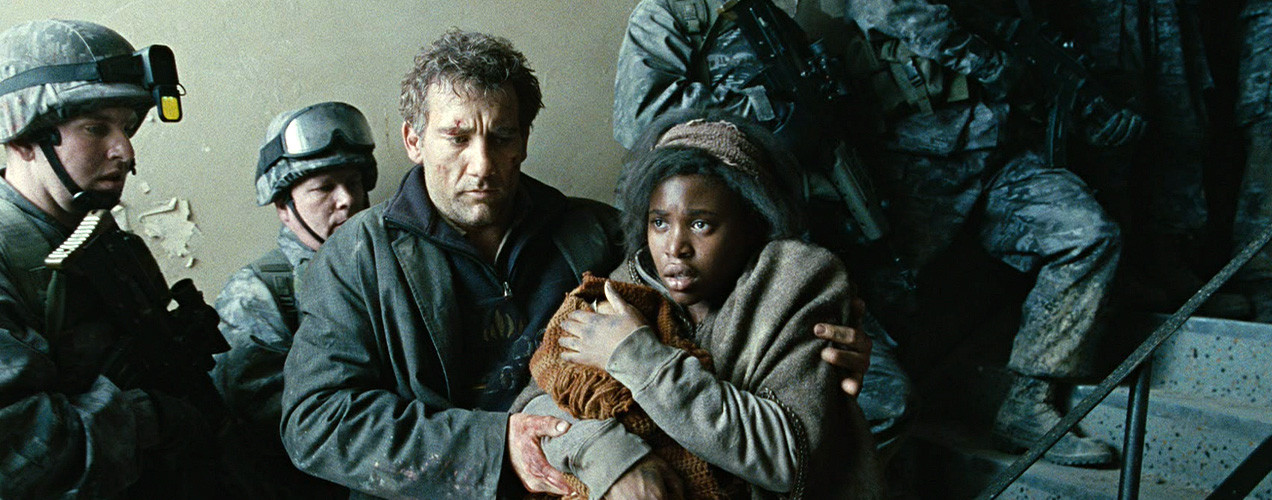
Children of Men
2006 / Alfonso Cuaron > Visually apt, Children of Men has some great sequences that keeps its dystopian world interesting, but the details are amiss. It’s unfortunate that Cuaron seems to have stripped away most of the novel’s intricate storyline, leaving a mostly superficial journey filled with one-sided social commentary and a large empty hole where there could have been substance. It’s especially shocking how weak the dialogue is, often spelling out the obvious to the viewer. Thankfully, Owen is solid, especially considering how little he had to work with.
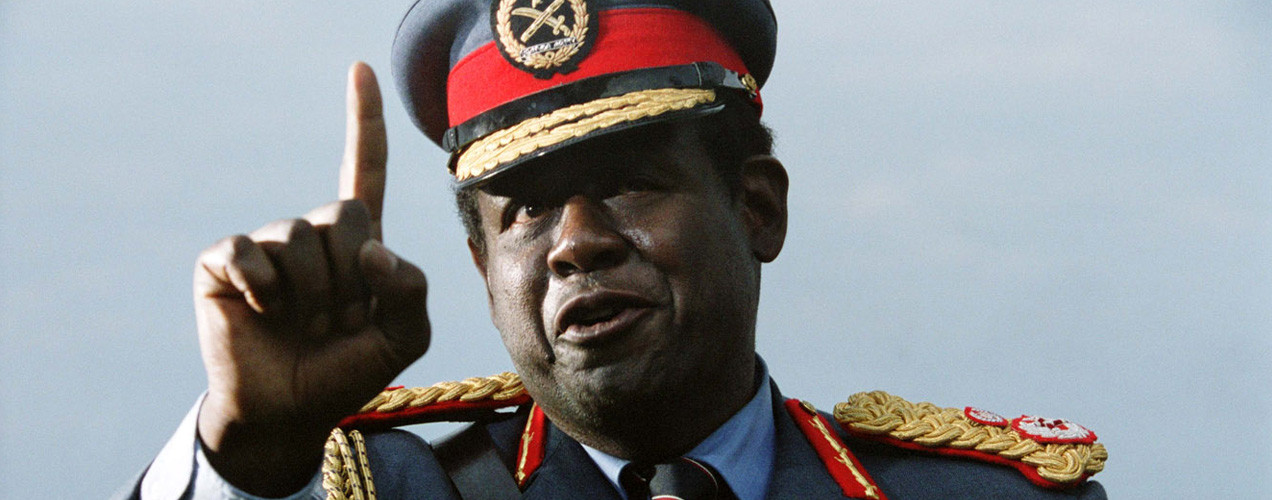
The Last King of Scotland
2006 / Kevin Macdonald > Let’s get the 800-pound gorilla out of the way: Forest Whitaker is masterful, true and full of credible passion as megalomaniac dictator Idi Amin. And yes, it’s absolutely worthy of an Oscar nomination if not the Best Actor trophy itself. From the twitch in his bloodshot eyes to the insane, instantaneous smile, Whitaker arguably does more for Amin than Hoffman did for Capote. It’s considerably less gimmick-based; we don’t have a lisp or some sort of disability. It’s just simple brilliance.
What Macdonald has done is also quite a wonder, fusing every type of emotion into an incredibly balanced and well-paced two hours. In portraying the Uganda of the 1970s through the eyes of James McAvoy’s young, naive eyes, Macdonald somehow remains objective. In contrast to films such as Terry George’s overly apologist Hotel Rwanda, there is little preaching or glorification. The deep emotional palette of the film is further enhanced by a deeply engrossing story, part truth, part fiction, that breaches genre expectations for a typical political biopic. It’s not hard to find yourself smiling, laughing, shocked or becoming filled with lust for sex and power. It has the essence of a small but necessary epic.

Marie Antoinette
2006 / Sofia Coppola > After everything, there’s just something, however minute, missing from Marie Antoinette for it to become the rich and evocative biopic that Coppola must have intended. It could have been a different ending, better pacing or simply the addition or deletion of a storyline. But as it stands, the film is far more memorable for its dresses of grandeur, the decadence of the Rococo and Kirsten Dunst’s performance in a role that very much becomes her. (Which, effectively, makes up for her being atrociously cast in Elizabethtown.)
There is a scene early on in the film where Dunst first wakes up at Versailles only to find a troupe of women and men at her servitude. In the following minutes where she is dressed, Coppola somehow manages to define the reasoning behind the French Revolution. For me, it stands as the defining moment in the film where she so subtly argues for and justifies the revolution. But what if one asks, “What is this film trying to say?” Coppola’s intention is unclear: Are we to understand the aristocratic idiocy of the period, or focus on the girl in the center and try to empathize with her as a person, not as the Queen of France?
But letting such lack of clarity slide, it’s hard to imagine not enjoying the anachronistic usage of modern music (particularly Aphex Twin’s “Jynweythek Ylow” and Bow Wow Wow’s “Candy”) and the sheer jubilance Dunst’s smile evokes. Using all that is style, Coppola did succeed in making me feel for Marie-Antoinette’s predicament. The fusion of style and substance is a little skewed toward the former, but this is ultimately a film for the heart, not the mind. It is as imperfect and naive as Marie-Antoinette herself.

